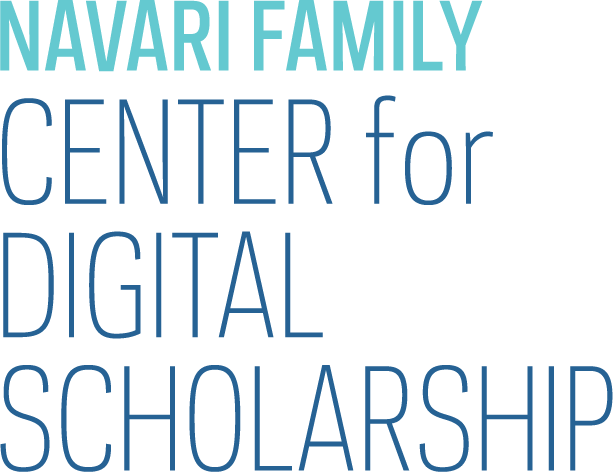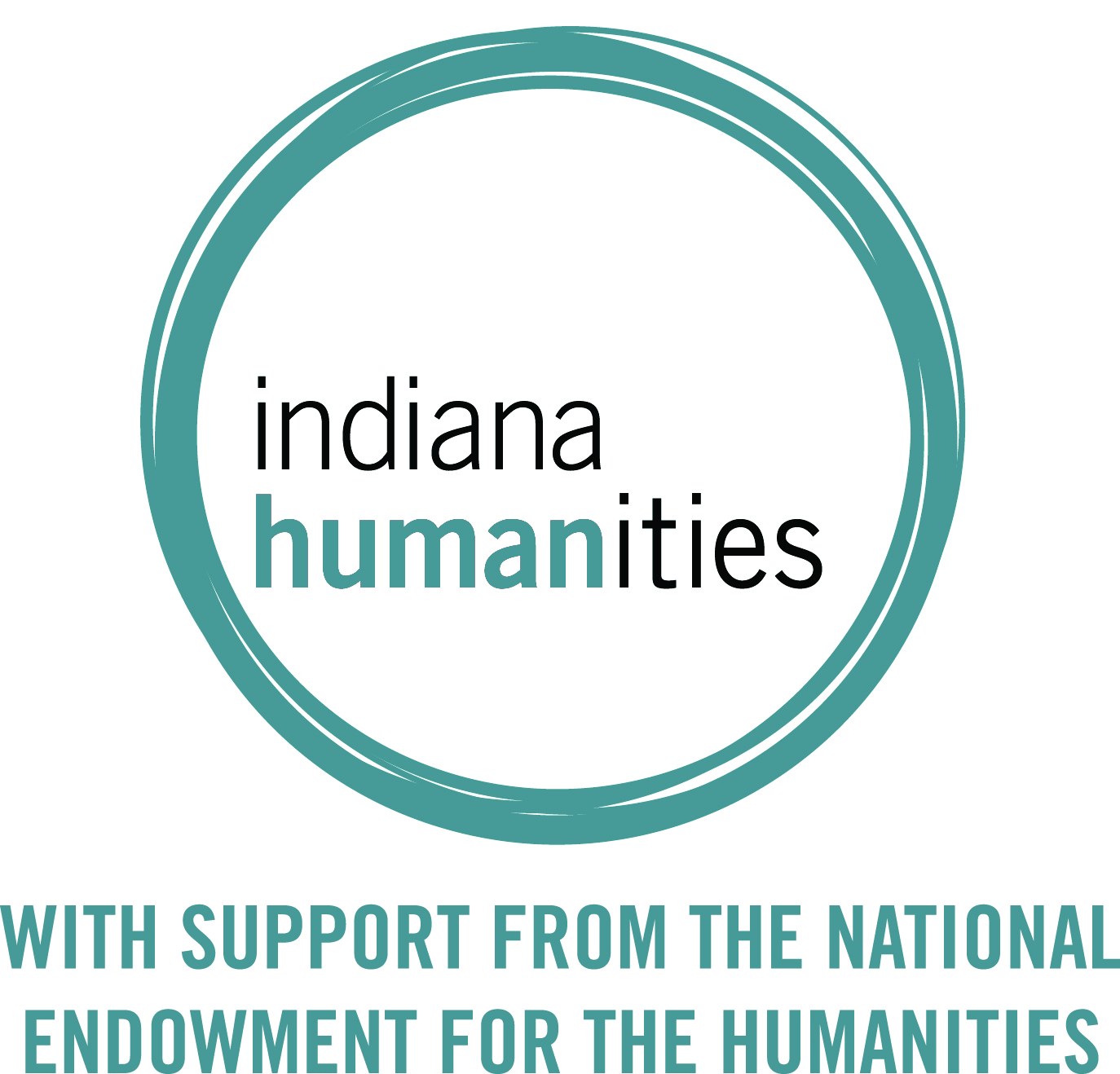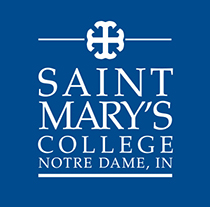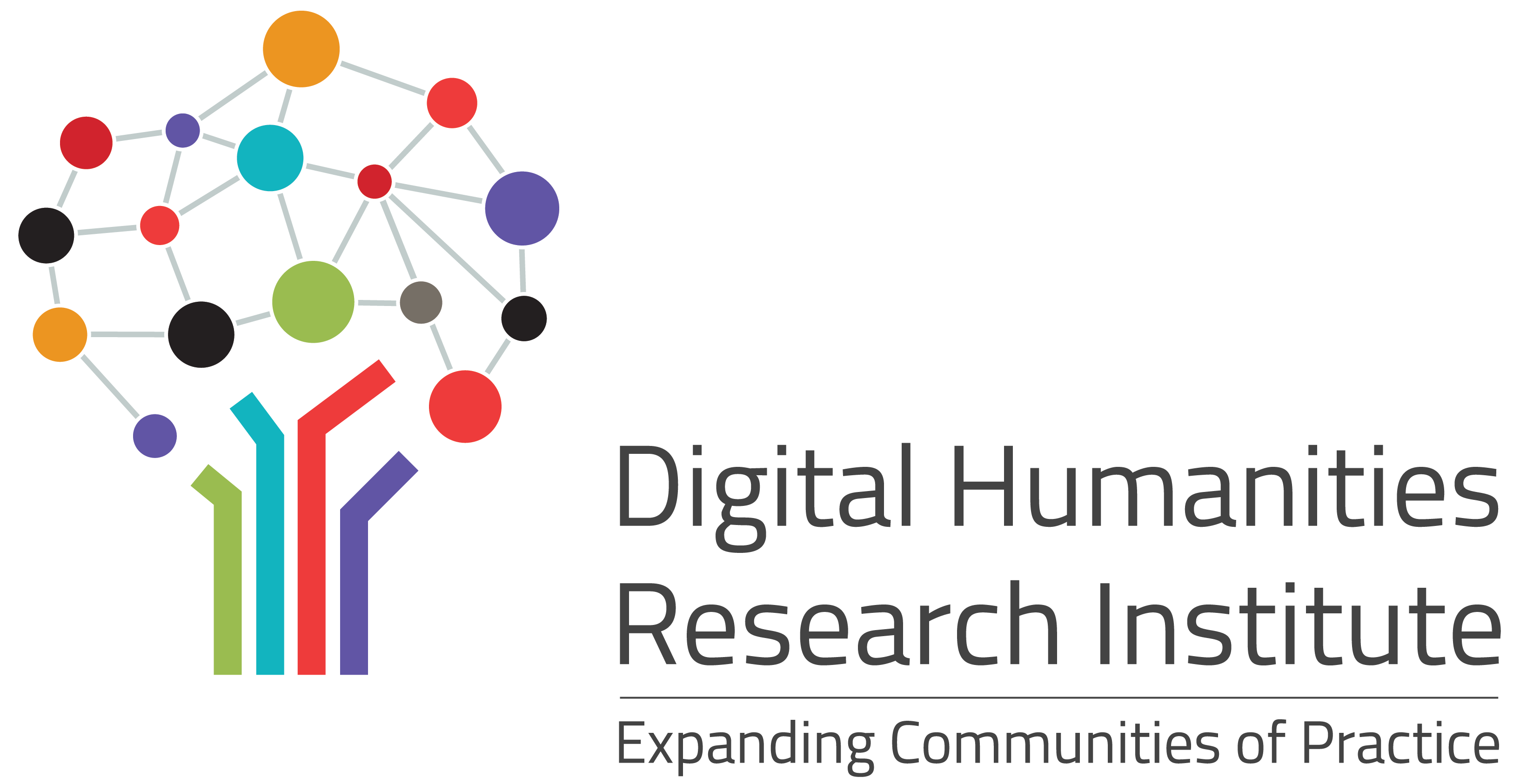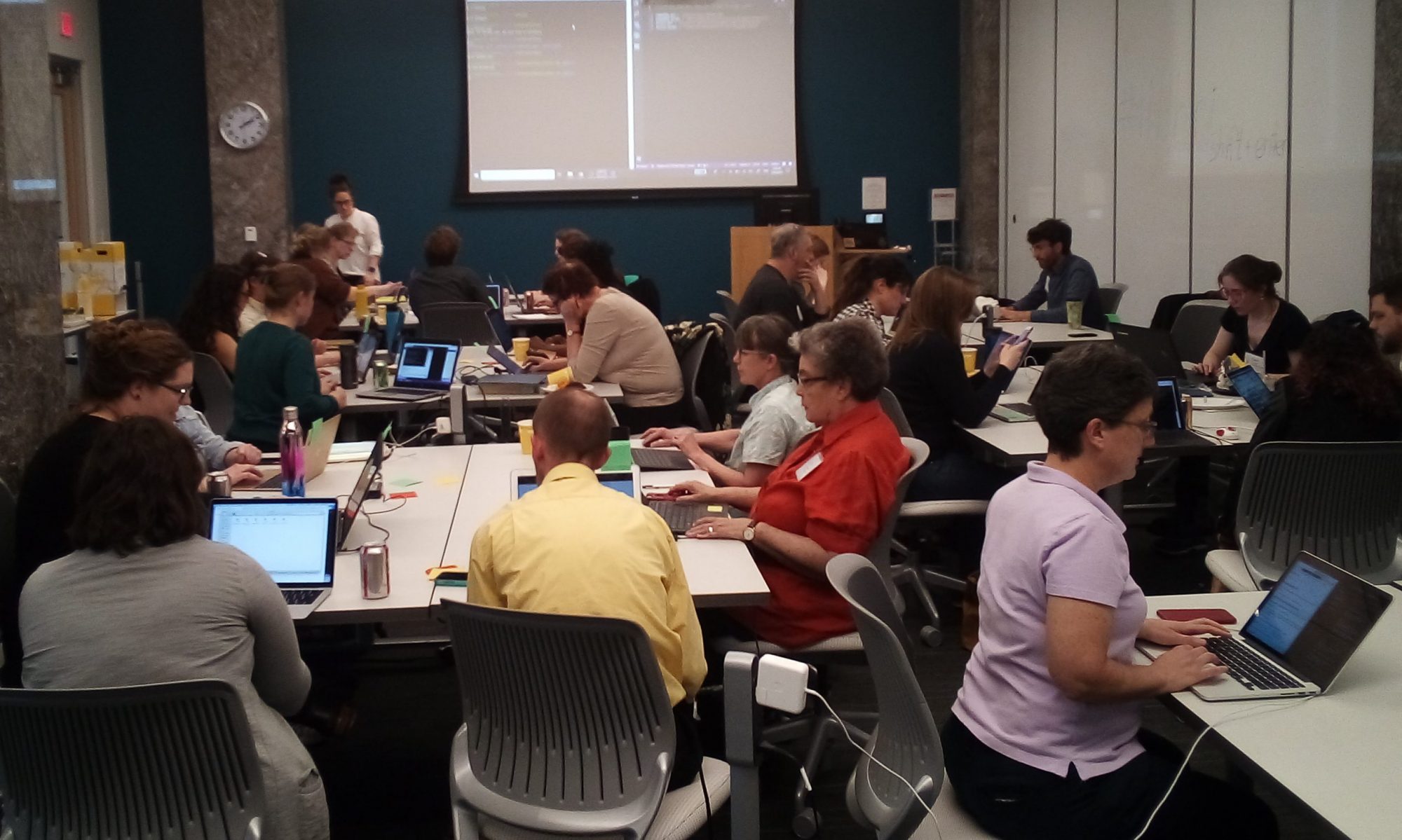The University of Notre Dame and Saint Mary’s College collaborated to host a Digital Humanities Research Institute (DHRI) on May 14-17, 2019. Thanks to the generous support of Indiana Humanities, the program was free to all participants. Participants included undergraduate students, graduate students, faculty, and staff from Saint Mary’s College, the University of Notre Dame, and many institutions in the broader regional vicinity of South Bend.
Daily Schedule |
People
Coordinators
 Daniel Johnson (University of Notre Dame): Daniel Johnson is subject specialist for English literature and digital humanities at the University of Notre Dame’s Hesburgh Libraries System. He has graduate degrees in English from Wake Forest University (MA) and Princeton University (PhD), where he specialized in literature of the long eighteenth-century. He consults broadly across DH methodologies and is currently working on a digital edition of John Keats’s annotated copy of Paradise Lost.
Daniel Johnson (University of Notre Dame): Daniel Johnson is subject specialist for English literature and digital humanities at the University of Notre Dame’s Hesburgh Libraries System. He has graduate degrees in English from Wake Forest University (MA) and Princeton University (PhD), where he specialized in literature of the long eighteenth-century. He consults broadly across DH methodologies and is currently working on a digital edition of John Keats’s annotated copy of Paradise Lost.
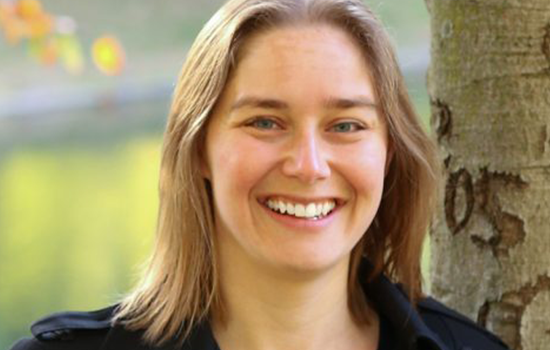 Sarah Noonan (St. Mary’s College): Sarah Noonan received her Ph.D. in medieval English literature from Washington University in St. Louis. She is the author of essays on manuscript studies, medieval reading practices, devotional literature, and pedagogical practice. She is currently working on a project entitled “Peripheral Manuscripts” that seeks to assist manuscript-holding institutions in the Midwest in digitizing their holdings and displaying them in a shared repository.
Sarah Noonan (St. Mary’s College): Sarah Noonan received her Ph.D. in medieval English literature from Washington University in St. Louis. She is the author of essays on manuscript studies, medieval reading practices, devotional literature, and pedagogical practice. She is currently working on a project entitled “Peripheral Manuscripts” that seeks to assist manuscript-holding institutions in the Midwest in digitizing their holdings and displaying them in a shared repository.
Instructors
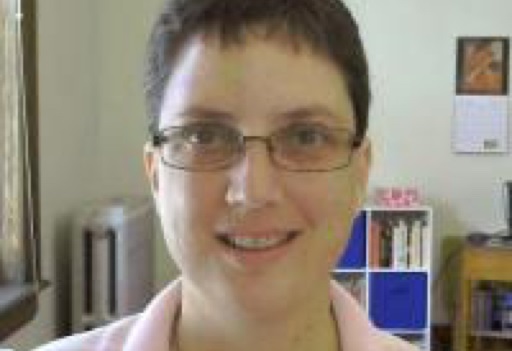 Amy Cavender (Session Instructor: HTML/CSS ): An Associate Professor of Political Science at Saint Mary’s College, Amy Cavender teaches courses in Political Thought, Politics and Religion, and Human Rights. She is a former director of the College’s Center for Academic Innovation, and an active participant in the College’s Teaching, Learning, and Technology Roundtable. She’s been fascinated by computers since she first encountered a Commodore PET in her sixth grade classroom. She contributed regularly to the ProfHacker blog from 2009-2018, and was privileged to spend a sabbatical year (2012-2013) as a non-degree student in the Digital Humanities MA program at Loyola University Chicago.
Amy Cavender (Session Instructor: HTML/CSS ): An Associate Professor of Political Science at Saint Mary’s College, Amy Cavender teaches courses in Political Thought, Politics and Religion, and Human Rights. She is a former director of the College’s Center for Academic Innovation, and an active participant in the College’s Teaching, Learning, and Technology Roundtable. She’s been fascinated by computers since she first encountered a Commodore PET in her sixth grade classroom. She contributed regularly to the ProfHacker blog from 2009-2018, and was privileged to spend a sabbatical year (2012-2013) as a non-degree student in the Digital Humanities MA program at Loyola University Chicago.
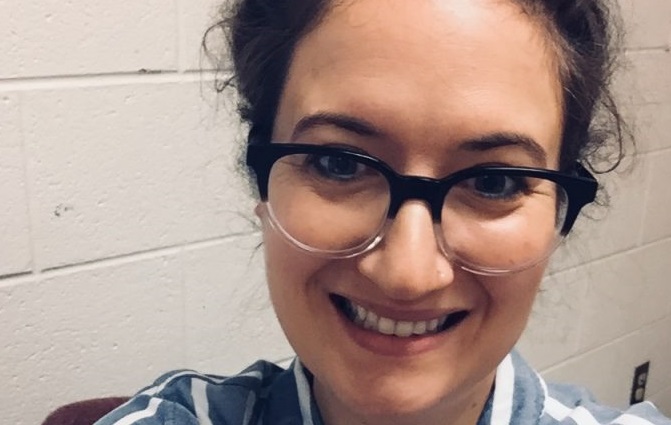 Ericka Christie (Session Instructor: Databases/Tidy Data and Twitter and Social Media Analysis): Ericka Christie is currently a first-year graduate fellow in Digital Humanities at Loyola University—Chicago, where her research interests include digital pedagogy, feminist interventions in digital spaces, and techno-sociology. Prior to coming to Loyola, she earned a bachelor’s degree in English literature from UNC-Wilmington, a bachelor’s in French Language and Literature from NC State University, and a master’s in teaching English from NYU.
Ericka Christie (Session Instructor: Databases/Tidy Data and Twitter and Social Media Analysis): Ericka Christie is currently a first-year graduate fellow in Digital Humanities at Loyola University—Chicago, where her research interests include digital pedagogy, feminist interventions in digital spaces, and techno-sociology. Prior to coming to Loyola, she earned a bachelor’s degree in English literature from UNC-Wilmington, a bachelor’s in French Language and Literature from NC State University, and a master’s in teaching English from NYU.
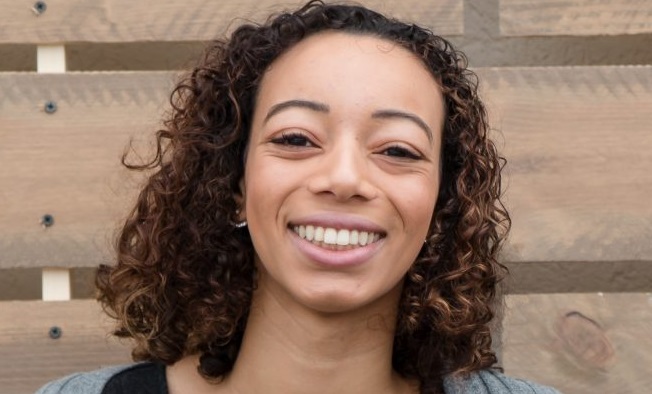 Alexis Grant (Session Instructor: Data Ethics and GIS):
Alexis Grant (Session Instructor: Data Ethics and GIS):
Alexis Grant is a doctoral student in the division of Community Health Sciences at the University of Illinois at Chicago School of Public Health. She is a community engaged researcher with emphasis on structural and social determinants of health, public health system collaboration, and building capacity for implementation of health interventions in community-based settings. She has experience conducting systematic reviews, qualitative research analysis, and quantitative research analysis, specializing in methods to assess community health such as datamining, GIS, and multilevel analytical methods. One of her current projects is to develop an intervention to improve healthy work in several Chicago neighborhoods.
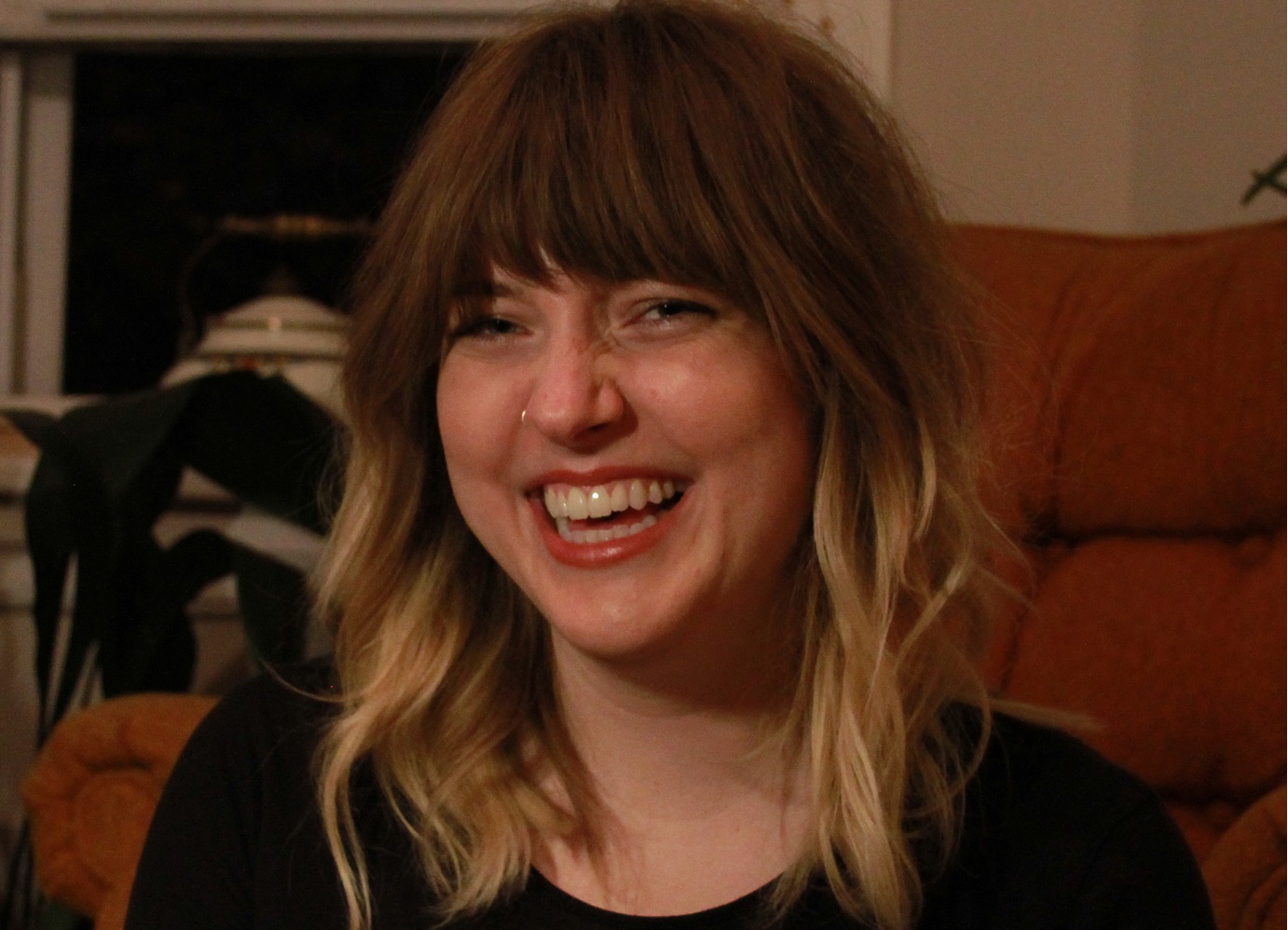 Caroline McCraw (Session Instructor: Python for Humanists and Text Analysis with Python and NLTK): Caroline McCraw (she/her/hers) is a current Master’s student in the Digital Humanities program at Loyola University Chicago. She received her MFA in writing from The School of the Art Institute of Chicago, and her research interests include digital textuality, poetics, and the limitations and possibilities of language in digital spaces. She is looking forward to working with everyone in the Python and NLTK sessions at DHRI South Bend!
Caroline McCraw (Session Instructor: Python for Humanists and Text Analysis with Python and NLTK): Caroline McCraw (she/her/hers) is a current Master’s student in the Digital Humanities program at Loyola University Chicago. She received her MFA in writing from The School of the Art Institute of Chicago, and her research interests include digital textuality, poetics, and the limitations and possibilities of language in digital spaces. She is looking forward to working with everyone in the Python and NLTK sessions at DHRI South Bend!
 Rebecca Parker (Session Instructor: Command Line and Git and Markdown): Rebecca Parker (@bcpkr396 on Twitter and @RJP43 on GitHub) is a recent Textual Studies and Digital Humanities MA graduate of Loyola University Chicago. In developing her personal “DH” ethos, Parker has become a strong proponent of digital humanitarianism. Her altruistic, digital humanities practices are at the root of her forthcoming podcast, plain.txt podcast, and her co-created digital literary magazine, MUDDLE, which both celebrate the processes of composition through version controlled collaboration (https://github.com/publishing-bitbytebit). As a digital humanities project consultant and teaching assistant for the past five years, Parker has taught digital accessibility best practices, XML encoding and processing, as well as Git version control to many.
Rebecca Parker (Session Instructor: Command Line and Git and Markdown): Rebecca Parker (@bcpkr396 on Twitter and @RJP43 on GitHub) is a recent Textual Studies and Digital Humanities MA graduate of Loyola University Chicago. In developing her personal “DH” ethos, Parker has become a strong proponent of digital humanitarianism. Her altruistic, digital humanities practices are at the root of her forthcoming podcast, plain.txt podcast, and her co-created digital literary magazine, MUDDLE, which both celebrate the processes of composition through version controlled collaboration (https://github.com/publishing-bitbytebit). As a digital humanities project consultant and teaching assistant for the past five years, Parker has taught digital accessibility best practices, XML encoding and processing, as well as Git version control to many.
Participants
(Click for bios) Laura Williamson Ambrose (Saint Mary’s College)
Eduard Arriaga (University of Indianapolis)
Brett Beasley (University of Notre Dame)
Hanna Bertoldi (University of Notre Dame)
Kaitlin Emmett (Saint Mary’s College)
Matthew Hannah (Purdue University)
Eva Hooker (Saint Mary’s College)
Erika Hosselkus (University of Notre Dame)
Ashley Howdeshell (Loyola University, Chicago)
Anna Ioanes (University of St. Francis)
Elisabeth Joyce (Edinboro University)
Sarah Kasten (University of Notre Dame)
Erika Mann (Purdue University Fort Wayne)
Hildegund Muller (University of Notre Dame)
Amber N. Nickell (Purdue University)
Clare O’Hare (University of Notre Dame)
Carlos Diego Arenas Pacheco (University of Notre Dame)
Hannah Peckham (University of Notre Dame)
Trey Proctor (Denison University)
Martha Smith Roberts (Denison University)
Kevin Andrew Spicer (University of St. Francis)
Tim Tomasik (Valparaiso University)
Scarlett Wardrop (University of Notre Dame)
Sue Wiegand (Saint Mary’s College)
Arnaud Zimmern (University of Notre Dame)
Speaker Series
In anticipation of the 2019 DHRI, Notre Dame University and Saint Mary’s College were thrilled to host two established digital humanists to speak about their work.
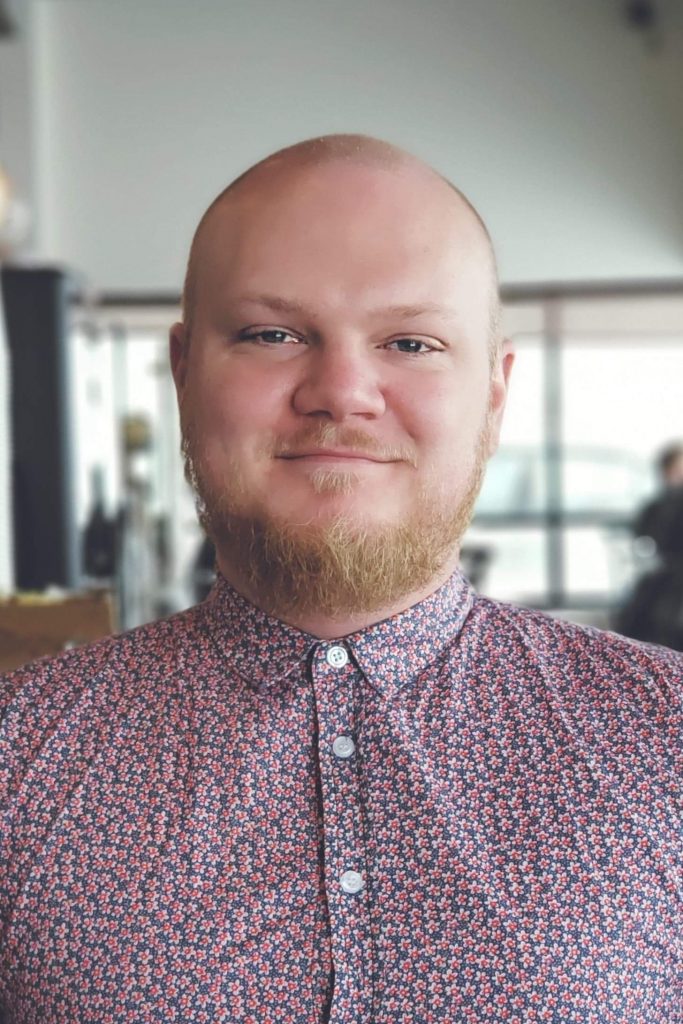
February 19, 2019: Brandon Locke gave a talk titled “The Path of Most Resistance: Embracing ‘Messy’ Humanities Data and Unpolished Projects.” This talk took place 5-6:15pm in the Scholars Lounge in the Hesburgh Library (the University of Notre Dame).
February 20, 2019: Brandon Locke, Elizabeth Hopwood, and Mark Graves participated in a round table on the ethics of data collection and labor in DH projects. This event took place 12-1:30pm in the Scholars Lounge in the Hesburgh Library (the University of Notre Dame).

February 20, 2019: Elizabeth Hopwood gave a talk titled “Slow Work and STEAHMpunk: Instructional Design in Digital Humanities.” This talk took place 4-5:15pm in the Mother Pauline Room in the Cushwa-Leighton Library (Saint Mary’s College).
Curriculum
Links to Lessons in GitHub Repositories
| Installation Instructions | repo | ||
| Command Line | repo | ||
| Intro to GitHub and Markdown | repo | ||
| Python for Humanists | repo | ||
| Introduction to NLTK with Python | repo | ||
| HTML/CSS | repo | ||
| Twitter & Social Media Analysis | repo | ||
| Ethics | repo | ||
| Mapping | repo | ||
| Databases & Tidy Data | repo | ||
| Projects Bazaar | repo |
